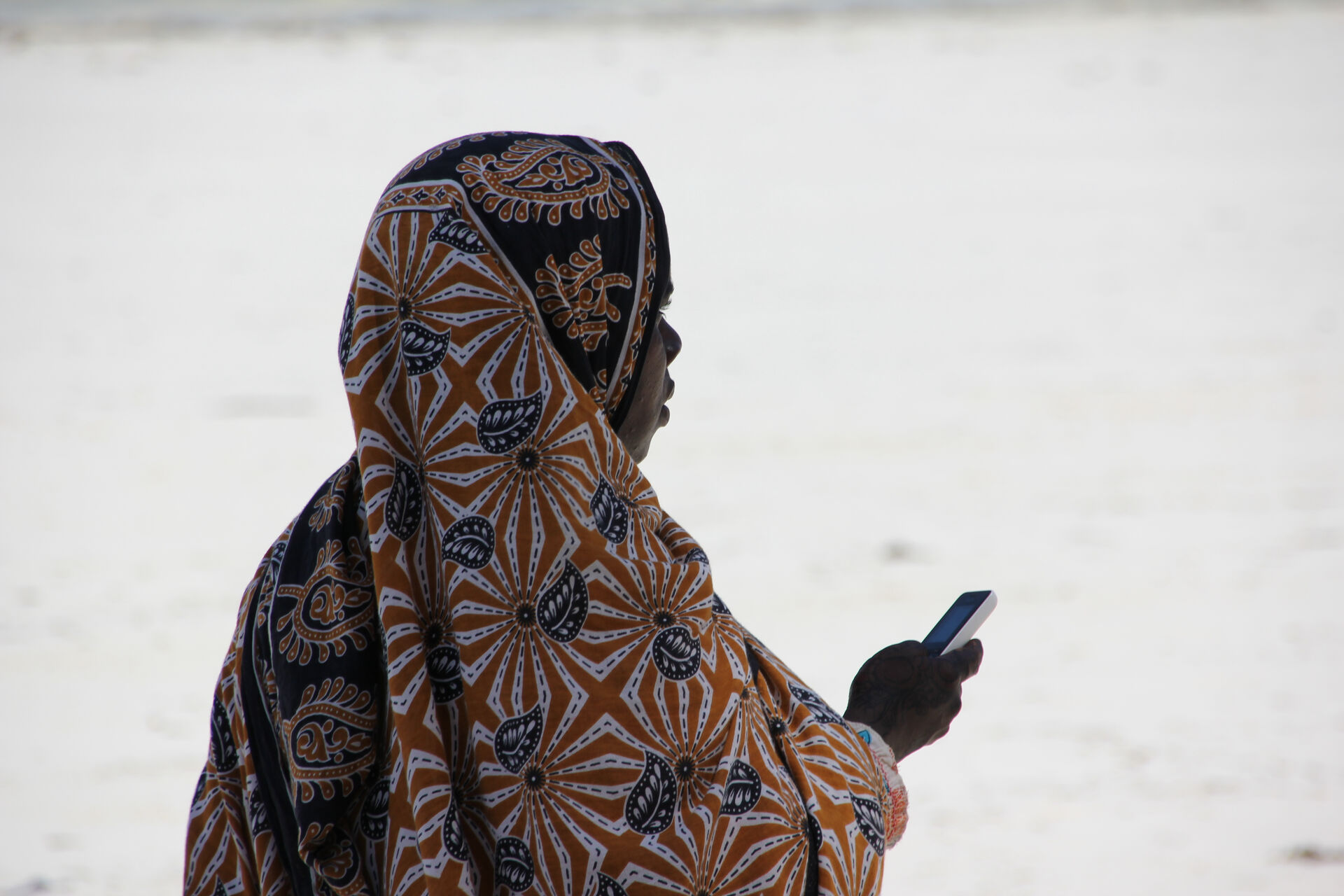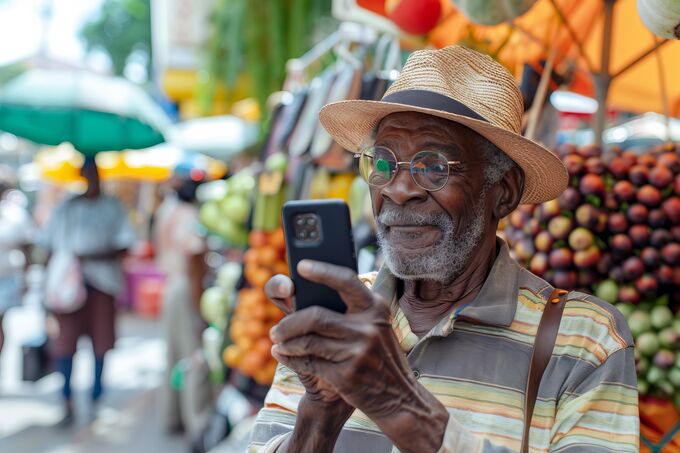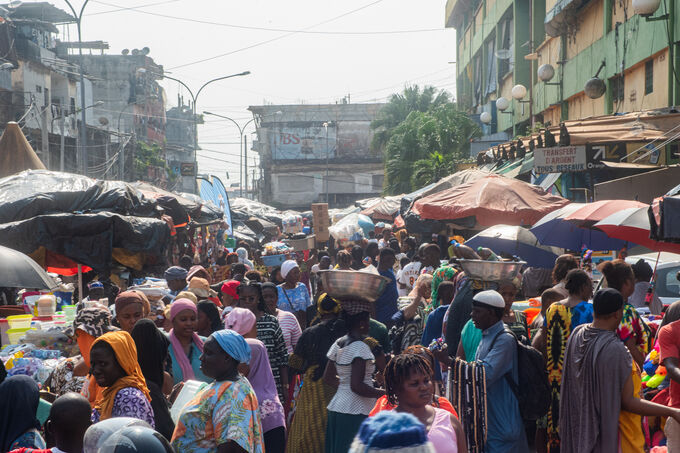
News
The biggest barrier to digital payment adoption may be dropped network connections
by Sabine Mensah, Deputy CEO - 20 January 2025

Imagine you're in a bustling market in a country in Africa, ready to pay for your fresh produce with a quick tap on your phone. It should be seamless, right? But that is not always the experience for Salimata, a frequent market shopper who has recently started using digital mobile payments. Though it is not every time, she has repeatedly experienced a network drop as she is trying to pay. In those cases, her transaction fails, or she is forced to wait as her transaction gets queued, or ... she isn’t sure if the payment went through or not.
Mobile network connectivity in Africa has improved significantly in recent years, such that 85% of people on the continent have access (GSMA 2023). Mobile networks provide the foundation for digital payments, but with a catch: the network must be dependable.
Too often it isn’t. For The State of Inclusive Instant Payments (SIIPS) in Africa 2024 report, AfricaNenda surveyed end users in Algeria, Ethiopia, Guinea, Mauritius, and Uganda about their experiences with digital payments. Across all these countries, respondents like Salimata reported that unreliable mobile networks make digital transactions challenging, echoing similar frustrations expressed by those surveyed in Compelling Products, Unreliable Infrastructure
Both small-business owners and individual end users in the surveyed countries said that digital payments are appealing for their convenience, meaning that digital payments allow users to save time and money compared with other payment methods. They are not subject to loss or physical theft the way that cash is, and they can be used to transact without needing to be in the same physical location as the recipient.
Those convenience factors are highly motivating for end users to start using digital payments. Small business owners regularly report that they have been motivated to accept digital payments when their customers ask them to.
Yet a smooth transition from cash to digital payment methods requires reliable infrastructure and seamless processes, which are not always available. Small business owners and individuals have reported that the network connection may drop in the middle of a transaction, creating a poor user experience, marked by uncertainty about whether the payment went through. Some payment service providers (PSPs) may also require a one-time passcode (OTP) to authenticate a payment, but unreliable networks may create delays in receiving the passcode. Less experienced users, like Salimata, may become frustrated by these disruptions, and digital payments and going back to cash, despite its risks.
Reverting to cash is not the only possible negative outcome. Another possibility is that Salimata pays twice. When the network goes down mid-transaction, users do not receive confirmation messages. Assuming the payment did not go through, Salimata may hand over cash or try again, only to find she’s paid twice. Depending on the PSP’s policies, it may take days or weeks for end users like Salimata to get reimbursed for a duplicate transaction, if she gets her money back at all.
How easily double payment happens, and how quickly it can be resolved, varies by country. Respondents in Uganda, for example, said that getting a mistake fixed can feel impossible. Such delays erode trust and deter people from using digital payments for a broader range of transaction types. The SIIPS 2024 research shows that, except for those in Guinea, less than half of the respondents in the surveyed countries who experienced problems with a transaction managed to resolve it. Particularly in Mauritius and Uganda, users struggle to get consistent assistance.
On the flip side, good customer service can turn a bad situation around. In Guinea, responsive customer support has helped users resolve transaction issues quickly: Knowing there's reliable help available makes people more willing to give digital payments another try, despite network hiccups.
The Takeaway? Reliability matters
End users don’t just need access to mobile phones and mobile networks to take advantage of digital payments anytime and anywhere. They also need to know that the network is going to work reliably. Mobile network operators and government institutions need to reprioritize infrastructure, ensuring everyone across the country and region can count on a stable connection. This is essential for digital payments to truly take off across Africa.
Improving customer service is equally crucial. Payment service providers need quick, effective service options for when network issues cause problems. Instant payment system (IPS) operators can enforce this by defining customer service principles and standards in the IPS scheme rules. These rules set expectations for how, and how promptly, participating PSPs must provide support and address user concerns. If users know they can get help fast, they’ll be more likely to stick with digital payments, even when the network isn’t perfect.
You can download the SIIPS 2024 consumer research and the full report here: The State of Inclusive Instant Payment Systems in Africa – 2024 report


